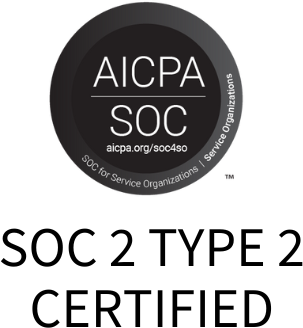What Are Accountable Care Organizations (ACO)?
What Are Accountable Care Organizations (ACO)?
An ACO is a network of doctors and hospitals that shares financial and medical responsibility for providing coordinated care to patients in hopes of limiting unnecessary spending. At the heart of each patient’s care is a primary care physician.
The Affordable Care Act seeks to reduce healthcare costs is by encouraging doctors, hospitals and other health care providers to form networks which coordinate patient care and become eligible for bonuses when they deliver that care more efficiently, hence the creation of ACOs.
As lawmakers searched for ways to reduce the national deficit, Medicare became a prime target. With baby boomers entering retirement age, the costs of caring for elderly and disabled Americans are expected to soar.
About four million Medicare beneficiaries are now in an ACO, and, combined with the private sector, more than 428 provider groups have already signed up. An estimated 14 percent of the U.S. population is now being served by an ACO. You may even be in one and not know it.
(ACOs) could lead to greater consolidation in the healthcare industry, which could allow some providers to charge more if they’re the only game in town. ACOs have become one of the most talked about new ideas in Obamacare. In Obamacare, each ACO has to manage the healthcare needs of a minimum of 5,000 Medicare beneficiaries for at least three years.
*“FAQ On ACOs: Accountable Care Organizations, Explained” Kaiser Health News

